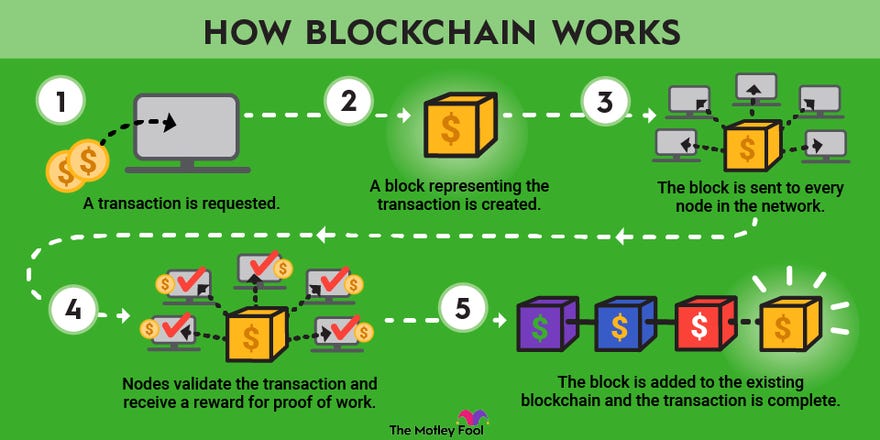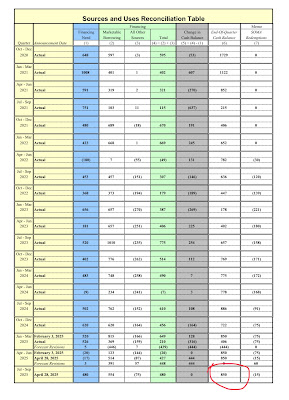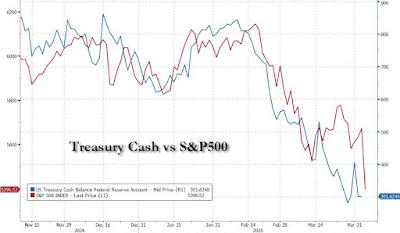Dude alleges Marx’s “capitalism!” was somehow responsible for an acceleration of human progress starting in mid 1800s…
Darwin’s Platonist “origin of the species” published iirc 1855 and marked the apex of the Platonist/neoplatonist academic methodology and fomented the creation of the Science degree in formalized academic institutions which is the causal development at that time which has led to the apparent unprecedented acceleration in human material increase …
It didn’t have anything to do with Marx’s “capitalism!” which itself is a Platonist figurative construct among many others that run under that failed disgraced methodology…
In 2022, global population surpassed eight billion people for the first time, marking an eightfold increase since 1800. Prior to the mid-18th century, population growth and living standards remained stagnant for millennia.
— Strider Elass (@StriderElass) January 24, 2026
However, the advent of capitalism sparked revolutionary… pic.twitter.com/QKA95a7Rry








